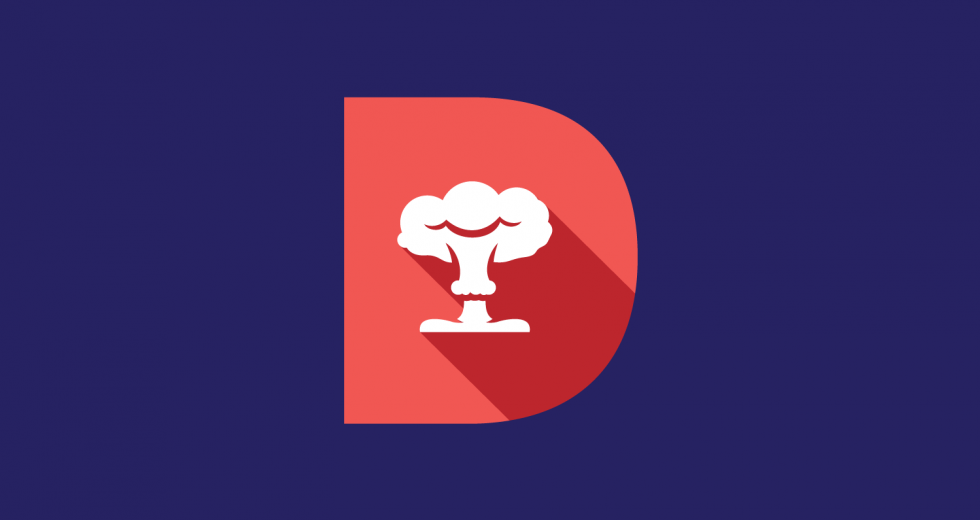(dis’rəpSH(ə)n), n.
A disturbance or problem that interrupts an event, activity or process.
When we were children, being called a “disruption” was a criticism. It usually meant you were being a naughty, attention-seeking child ruining the lesson for the rest of the class. As adults, we’ve somehow appropriated the word into a compliment: To be disruptive now means to change things, to get people to look at something in a new light. (I’d like to go back and convince my 6-year-old self that it’s actually a good trait that got me sent to the time-out chair.)
Like all jargon, “disruption” started out well-intentioned: Who doesn’t want to be the one with the fresh vision of how things could be — not how they are?
The Buzz:
Disruptive innovation, coined by Harvard Business School business professor Clayton Christensen in the late 1990s, describes the process by which a product quickly displaces its established competitors. But “people misuse [the term] when they call any technology advancement a disruption,” says Laura Good, director of community outreach for StartUp Sac, an online hub for local innovators. A disruptive product isn’t just a better or faster version of something that already exists, she says — “to be disruptive, as I understand it, it needs to create a new market.”
Saif Islam, UC Davis professor and founder of the startup razor company Atocera, says the original iPhone was a disruptive technology, but its recent iterations are not disruptive — it’s not enough to simply be new. “However, if you can miniaturize [the] iPhone to fit inside your finger ring or earring … or if [the iPhone] doesn’t need to be recharged for years, that may be a disruptive innovation,” Islam says.
The Word:
Randall Echevarria, co-founder of Brass Clover Cold Brew Coffee Company in Oak Park, says when his business began, “leaders in Sacramento’s coffee community told us our coffee and our approach would completely ‘disrupt’ the local coffee scene. We heard this as a compliment and a challenge,” he says.
Echevarria says what’s disruptive about Brass Clover is what the company adds to the culture and vibrancy of Sacramento: It’s not just another place to sip your coffee. Brass Clover partners with other local startups to promote and, in some cases, sell each other’s products. “If we can get people to support the businesses that are supporting us, then it’s a win-win situation,” he says. “Sacramento has a strong business community and the city has fostered a business culture that is supportive of each other.” That’s disruptive to the old way of doing business as competition.
The idea behind “disruption” is worthy and idealistic — to forever change the process of an industry. But when complex ideas are distilled into jargoned one-liners, the word loses its meaning and ultimately its impact. The word becomes just buzz in our ears: full of sound and fury, signifying nothing. As someone who deals in the world of words, I challenge you to disrupt the notion that we even need buzzwords at all.




Comments
Unfortunately you have just become part of the problem rather than the solution. The disruption associated with Disruptive Innovation takes place to the traditional trajectory of product development of a given product or service and instead of making it better, it instead makes it different in a way that incumbents are far from guessing might be important and the new basis on which that business will go forward from that point on.
You can learn more about Disruptive Innovation by joining the conversation in the Disruptive Innovation group at LinkedIn at
https://www.linkedin.com/group...